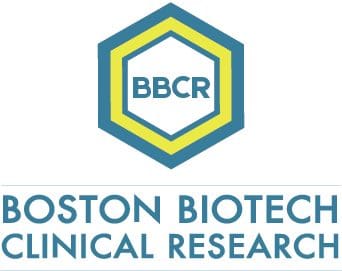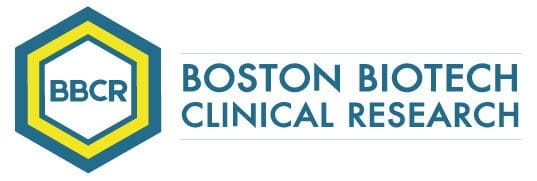There’s encouraging news for rare diseases experts and patients. Today, pharmaceutical companies are devoting more resources to developing treatments for less-common disorders and diseases that affect mostly minority populations. The trend, which is slowly gaining momentum, is being driven by several factors, including the emergence of “personalized medicines” (based on an individual’s genetic makeup), and the success of companies that already specialize in making drugs to treat rare diseases.
Many legislators, pharmaceutical executives, patient advocates, and patients are working together to draw attention to rare diseases. Evidence that awareness for rare diseases has risen was also illustrated by third year that the state of Massachusetts has officially drawn attention to the issue, with Governor Deval Patrick signing a proclamation declaring Feb. 28 as Rare Disease Day.
People with rare diseases often face challenges that those with more common diseases do not, such as delays in diagnoses or missed diagnoses, fewer treatments, and expensive treatment options that often are not covered by insurance. People who work in the rare-disease fields are aware of the struggles facing the afflicted, but the general public has little knowledge of what patients and parents go through to find treatments. The more people are aware, the more support they can get.
In less-common diseases, drug development is difficult all around. There is often very little understanding of the disease, its natural history and how to treat it, and little scan data on managing or treating patients. That makes it very hard for companies to know what information the FDA will need to decide that a surrogate endpoint meets its standard of being “reasonably likely” to predict a benefit in a patient.
Standard clinical trials are not feasible for rare diseases drug development. Patients exhibit a wide range of heterogeneous symptoms often needing personalized regimens. The use of placebo controlled trials is usually not ethically possible and standardized treatments are not available for comparison. Working with key opinion leaders and rare diseases clinical development experts is instrumental to design tailored clinical program and study design.
Also, having very few patients for each disease and having them scattered all over the world, makes it is virtually impossible to work the logistics of a clinical trial. Working with treating physicians, patients associations and patients’ families is essential to bring the patients together in one trial.
The 1992 initiative by the FDA to accelerate the approval process in HIV/AIDS could be a model to follow. Under this initiative, promoted by the wake of advocacy by HIV/AIDS patients angry at the slow pace of drug development, drug companies could ask FDA to approve a new therapy using so-called surrogate endpoints — blood tests, urine tests, or other biomarkers that likely predict a patient will benefit from a drug. If the drug is approved, the company has to agree to keep testing to make sure that the results hold up.

Specializing in rare disease, Boston Biotech Clinical Research works with biotech, pharmaceutical, device companies and investors to streamline the clinical trial process. Our experienced team helps each client reach their specific goals by customizing a clinical and regulatory road map of simplified programs and streamlined protocols to meet our clients’ requirements.

